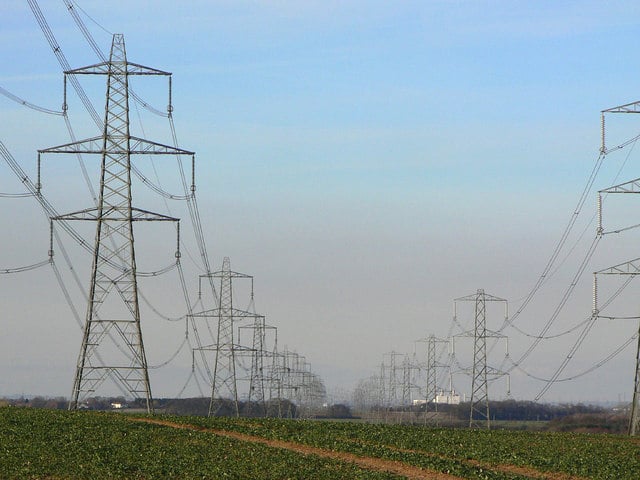The UK’s energy network companies have called on Ofgem to put the good of consumers at the heart of its future price control plans, but have warned the regulator not to impose prescriptive measures on their revenues.
The Energy Networks Association (ENA) has penned a response to Ofgem’s “Open letter on the RIIO-2 Framework”, published in July to set out the regulators approach to the next price control regime. This will regulate the ways in which network companies invest in and operate the UK’s energy networks during a period of what is expected to be unprecedented change for the UK energy sector.
Network companies will be responsible for delivering major changes to the networks resulting from the deployment of new technologies such as electric vehicles, battery storage and renewable generation.
In its proposal for the RIIO-2 framework, Ofgem said these firms should prepare for tougher price controls which will evolve alongside the “unprecedented pace and scale” of change. Jonathan Brearley, senior partner for networks at Ofgem, claimed investors “may be willing to accept lower returns” to ensure “even better value for customers”.
However, the ENA has warned against imposing artificial caps on returns and suggested that Ofgem’s attempts to determine revenues “is not a sound approach”.
The response claims such measures “risks reducing investor confidence and/or increasing investment risk with a resultant increase in the cost of capital and would not be in the long-term interest of consumers”.
Representing the regional monopolies beholden to Ofgem, the ENA added that increasing competition may also risk greater complexity across networks, delaying projects and introducing new risks to incumbents, third party providers and consumers “with little or no net gain for consumers”.
Instead, the response says Ofgem should focus on three key areas, firstly improving customer engagement, which the ENA states needs to be consistent over the entire RIIO-2 period. It suggests establishing expert panels that include end consumers (households and businesses), network users (generators and suppliers), interest groups and local authorities.
These panels would help inform the assessment of RIIO-2 business plans and through evaluation of RIIO-1 identify approaches that have delivered positive results to develop them further.
Secondly it says Ofgem should undertake a review of reporting requirements in terms of what aspects of the network’s business is being reported against and the level of detail required, to ensure there is maximum public transparency.
Finally, the ENA says it is imperative that innovation in networks continues be strongly incentivised under future prices controls in a further effort to pushback against tougher regulation. It praises RIIO for encouraging companies to bring forward projects using new technologies and techniques and asks this be continued with the addition of “whole system incentives”.
These would consider smart alternatives across, and the interactions between, both gas and electricity networks to deliver best value for consumers.
It adds that RIIO-2 needs to take a ‘least regrets approach’ to efficient investment in networks in order to avoid them slowing down or blocking decarbonisation.
The note follows a contentious week for the UK’s energy networks after the ECIU think tank claimed excessive profit margins prior to the current price control framework added £10 billion to consumer bills between 2010-15.
This followed a recent report from Citizen’s Advice that said failures by the regulator had resulted in operators being able to pocket “unjustified” profits to the tune of £7.5 billion over the last eight years.





